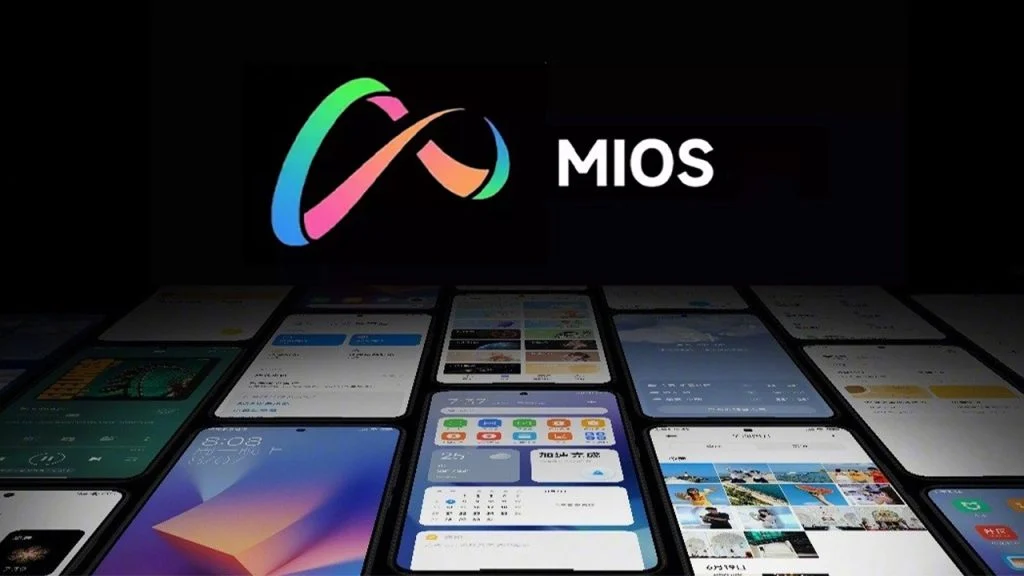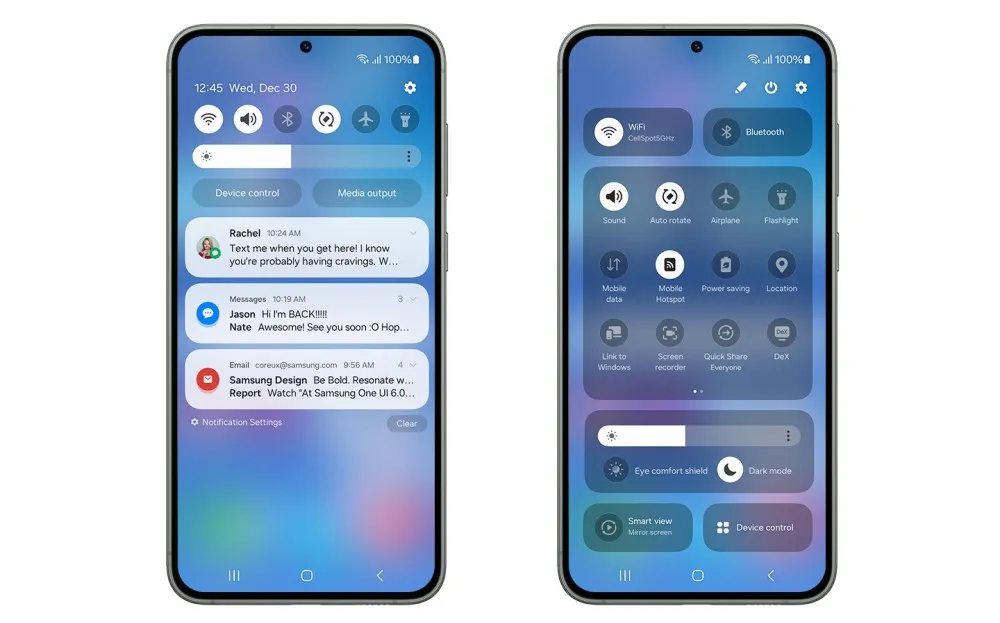Introduction
In a world where smartphones have become an indispensable part of our daily lives, the quest for the perfect device continues. The Google Pixel 8 and 8 Pro, the latest offerings from tech giant Google, aim to carve out a space in the fiercely competitive smartphone market with their array of remarkable features and a few noticeable drawbacks. Drawing insights from various expert reviews, this article will delve into the intricate details, assessing the pros and cons of the devices, and exploring whether they live up to the expectations set by their predecessors.
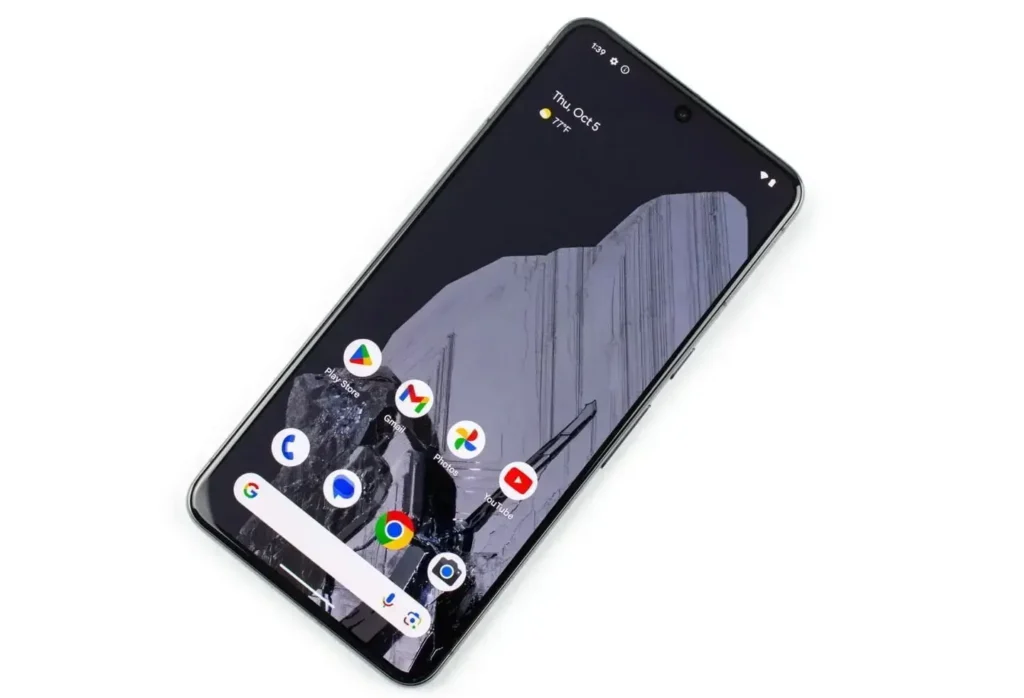
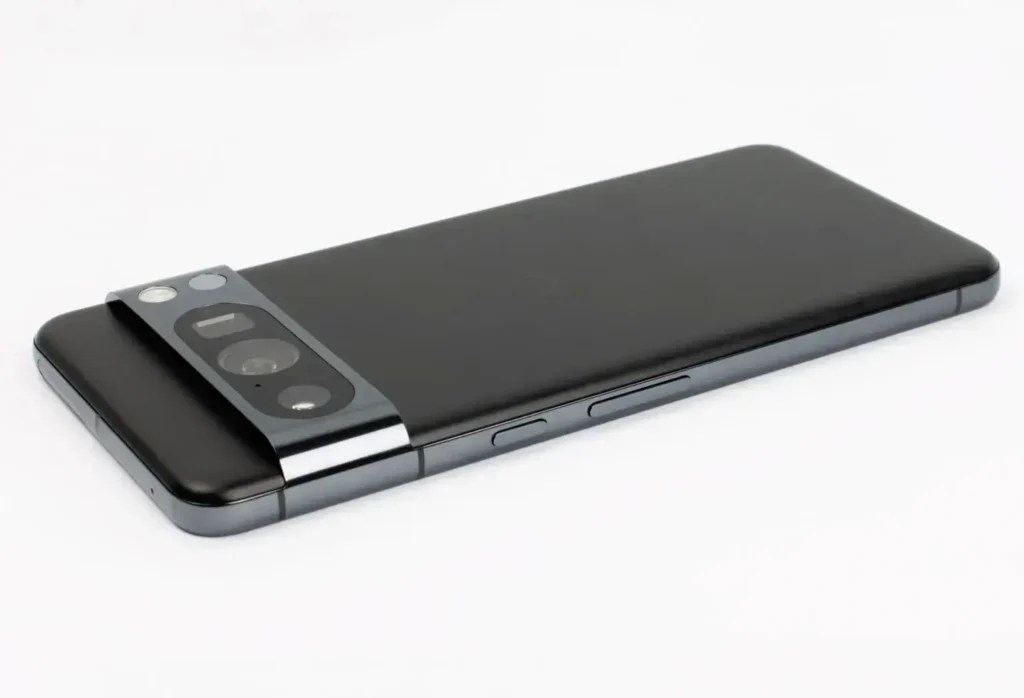

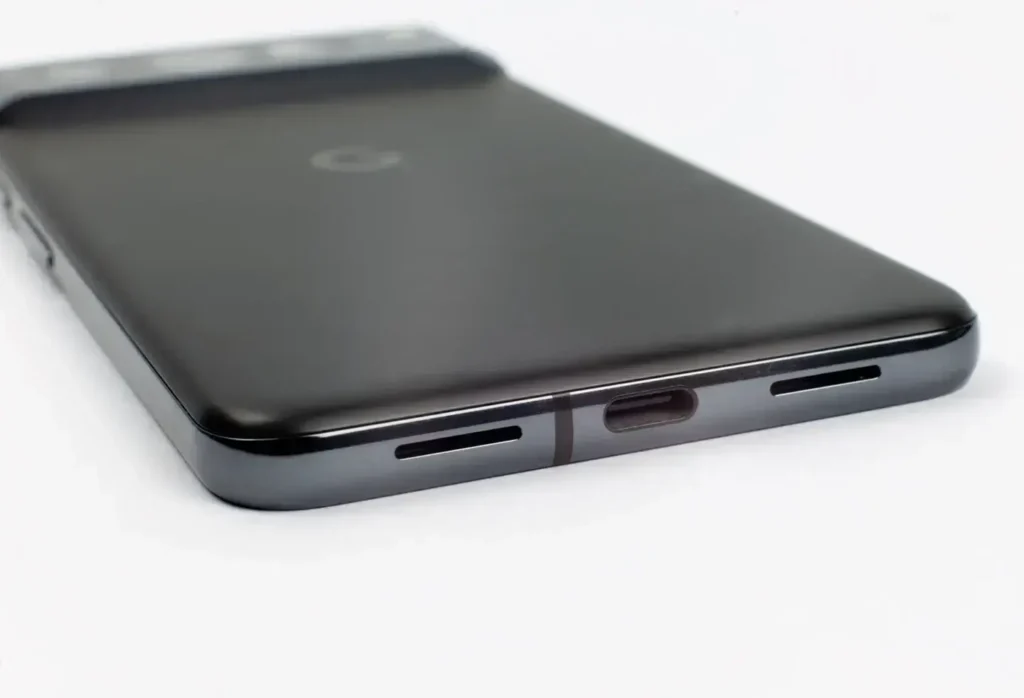
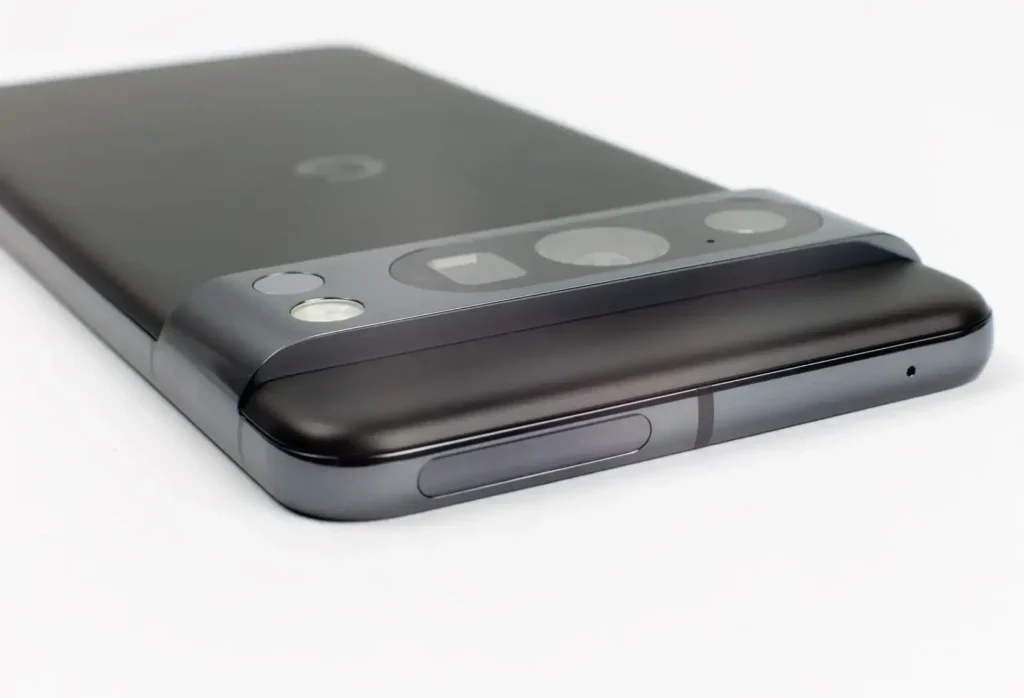
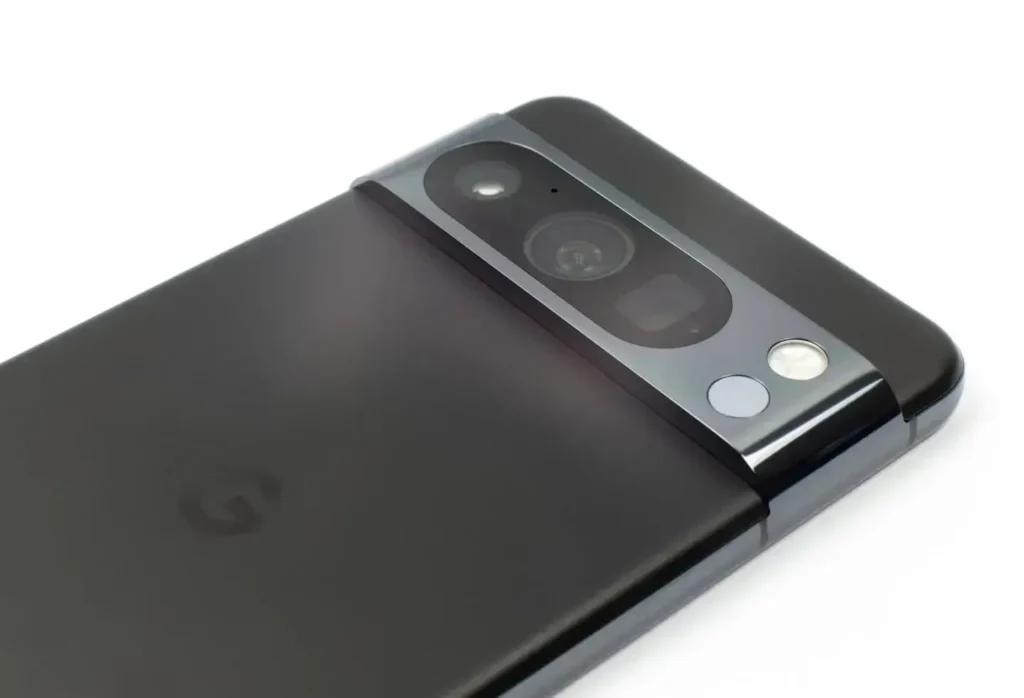
Unparalleled Software Support: A Future-Proof Investment
Pros: Longevity and Enhanced Security
One of the standout features of the Google Pixel 8 series is its commendable software support, offering 7 years of updates. This unprecedented move by Google not only ensures that the device stays relevant with the latest features and security updates but also underscores a commitment to reducing electronic waste, thereby contributing to sustainability. Users are assured of a device that will not only stand the test of time but also adapt and evolve, providing a future-proof user experience.

Cons: Initial Cost Implications
However, with longevity comes an upfront cost. The pricing of the Pixel 8 and 8 Pro is a notable increment from their predecessors, which might deter budget-conscious consumers. While the extended software support does provide long-term value, the initial investment is undoubtedly hefty, and users might be torn between opting for a premium current-gen device or exploring alternatives with a lower entry point.
New temperature measuring feature:


Google Pixel 8 Camera: Capturing Moments with Precision and Clarity
Pros: Superior Photographic Capabilities
The Pixel 8 Pro especially has been lauded for its camera capabilities, cementing Google's reputation for delivering stellar photography experiences. With a more significant sensor, faster apertures across all camera modules, and enhanced computational photography, users can expect sharp, vibrant, and dynamically balanced photos across various lighting conditions. The advancements in the ultra-wide camera and the overall improved imaging department stand out prominently, offering photographers, both amateur and professional, a tool that captures moments with utmost precision and clarity.
Cons: Incremental Upgrades
However, critics argue that the upgrades, while noticeable, are incremental. Users of the Pixel 7 Pro might find the enhancements in the Pixel 8 Pro's camera department subtle, especially if photography isn’t their paramount concern. The question looms: Is the camera upgrade compelling enough to warrant the transition from its predecessor, especially considering the price bump?
Here are some photos we found taken with Pixel 8 phones:














Design and Display: A Nod to Ergonomics and Aesthetics
Pros: Ergonomic Design and Display Quality
The flat display of the Pixel 8 Pro has been highlighted as a welcome move towards ergonomic and common-sense phone design. The absence of curved edges means reduced accidental touches, providing a more seamless and frustration-free user experience. The display quality, with its vibrant colors and sharp contrasts, enhances various user interactions, whether it be media consumption, gaming, or general usage.
Cons: Conservative Design Language
On the flip side, some might argue that the design language of the Pixel 8 series is somewhat conservative. In an era where smartphone manufacturers are exploring bold and innovative designs, the Pixel 8 and 8 Pro, while elegant, do not necessarily stand out in a crowded market in terms of aesthetic innovation.
Artificial Intelligence: Powering a Smart User Experience
Pros: Generative AI Features
The incorporation of generative AI features in the Pixel 8 series adds a layer of intelligent functionality that aims to enhance user experience across various facets of the device. These AI-driven features not only facilitate smarter interactions but also pave the way for a more intuitive and personalized user experience, learning, and adapting to the user’s habits and preferences over time.
Cons: Learning Curve and Privacy Concerns
However, the integration of AI also introduces a learning curve for users who might be new to such intelligent interactions. Additionally, concerns regarding data privacy and how the AI processes and learns from user interactions might be a point of contention, necessitating clear communication from Google about data handling and user privacy assurance.
Conclusion: Striking a Balance between Innovation and Practicality
The Google Pixel 8 and 8 Pro, with their array of features and a few drawbacks, present a compelling option for users seeking a blend of innovative technology and practical usability. The extended software support, enhanced camera capabilities, and intelligent AI features position these devices as noteworthy contenders in the premium smartphone market. However, the price point, incremental upgrades, and conservative design might give potential buyers pause, urging them to weigh these factors against the undeniable pros.
In the dynamic and ever-evolving smartphone landscape, the Pixel 8 series strikes a balance, offering users a glimpse into the future of mobile technology while maintaining a firm grip on the practicalities of present-day usage. Whether the devices are worth the investment largely depends on user priorities, making the Pixel 8 and 8 Pro excellent options for some, but perhaps not for all.

